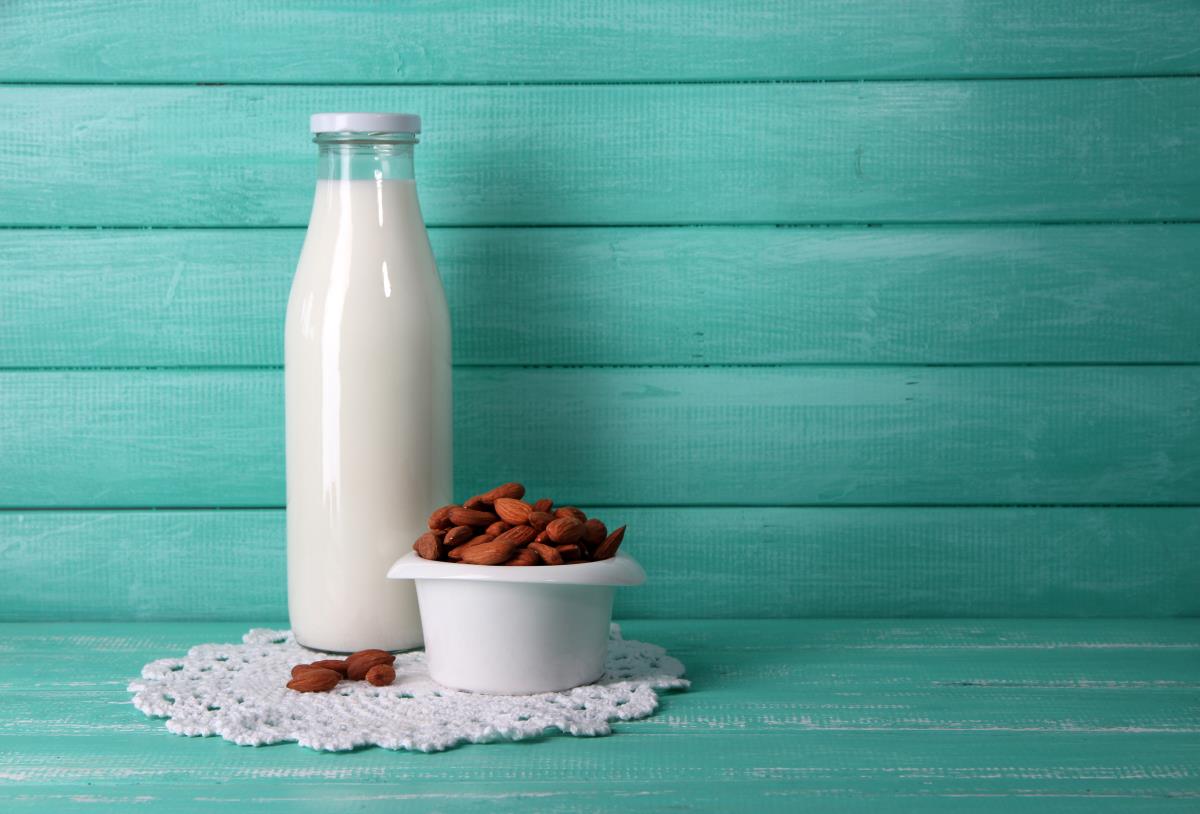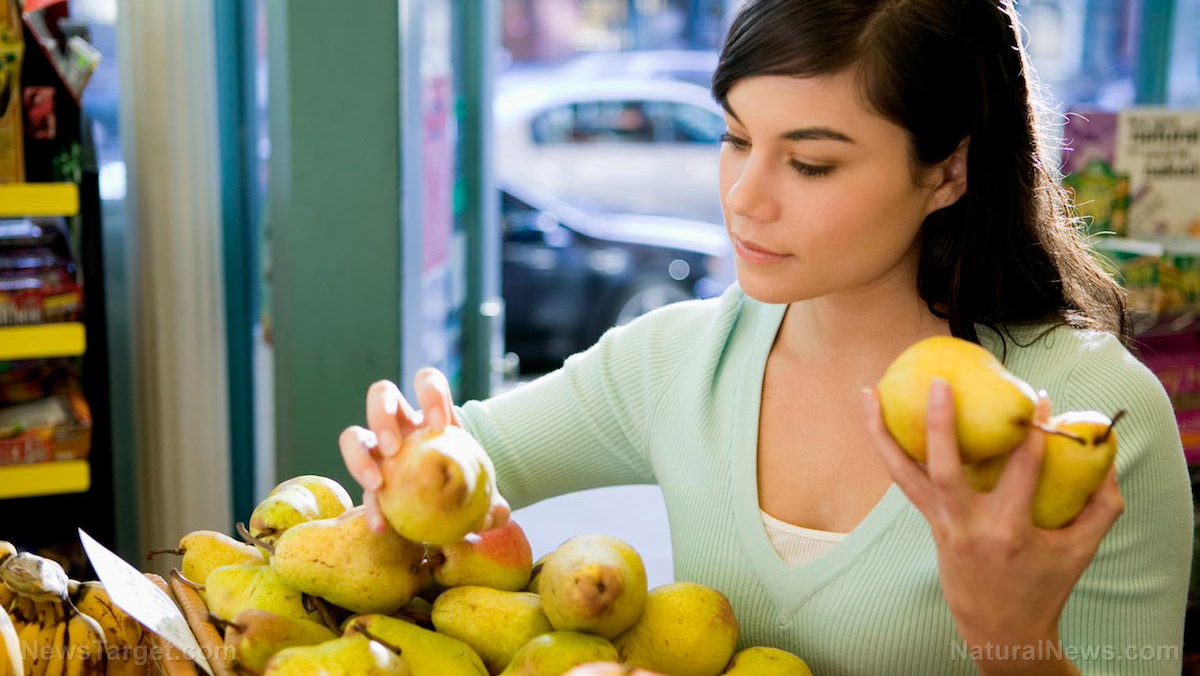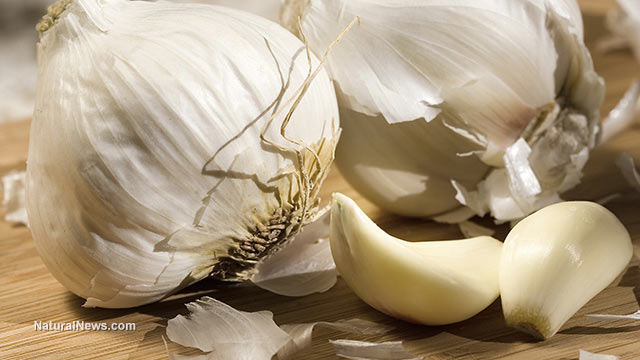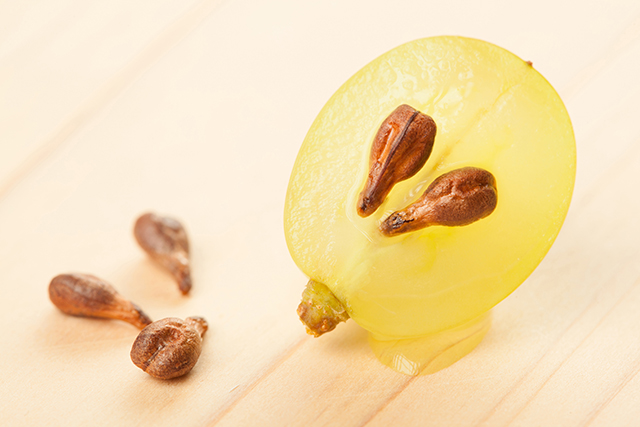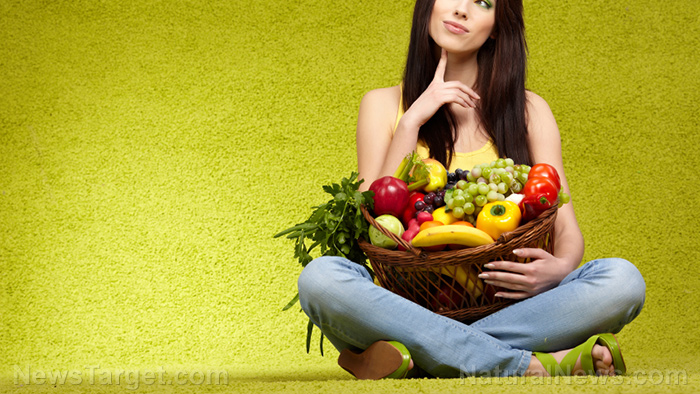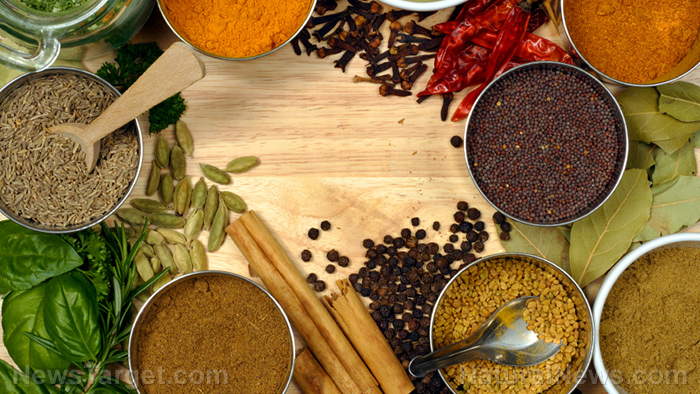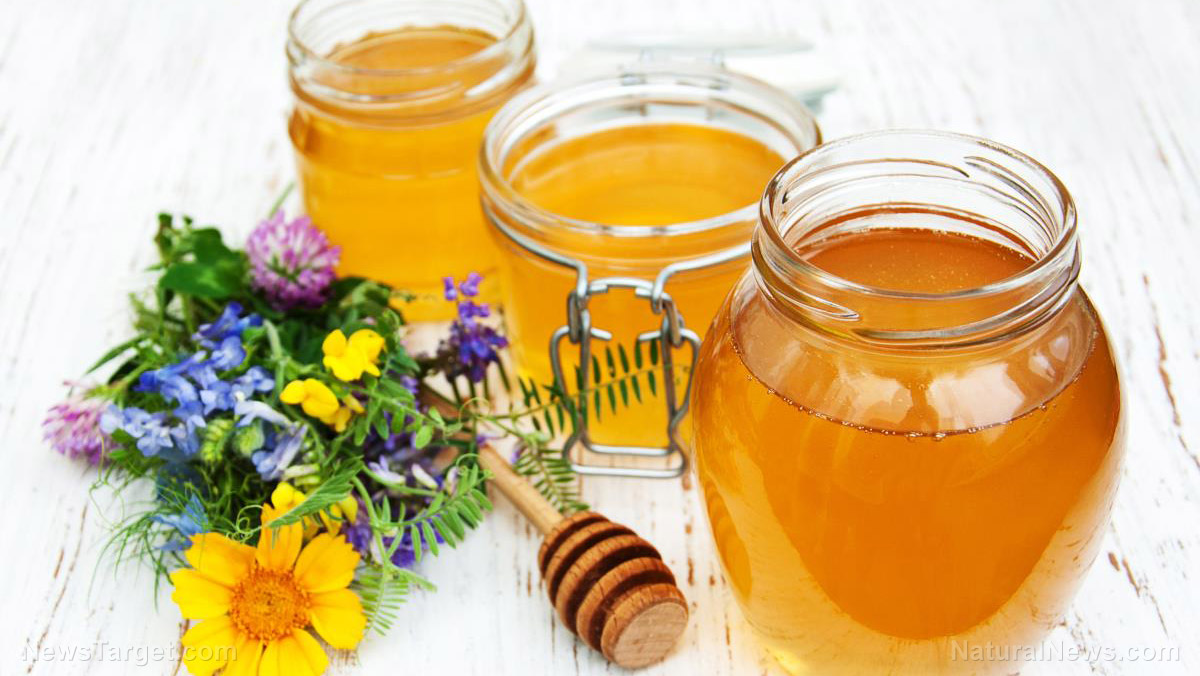Need more potassium? Here are 9 potassium-rich foods to add to your diet
08/04/2020 / By Virgilio Marin
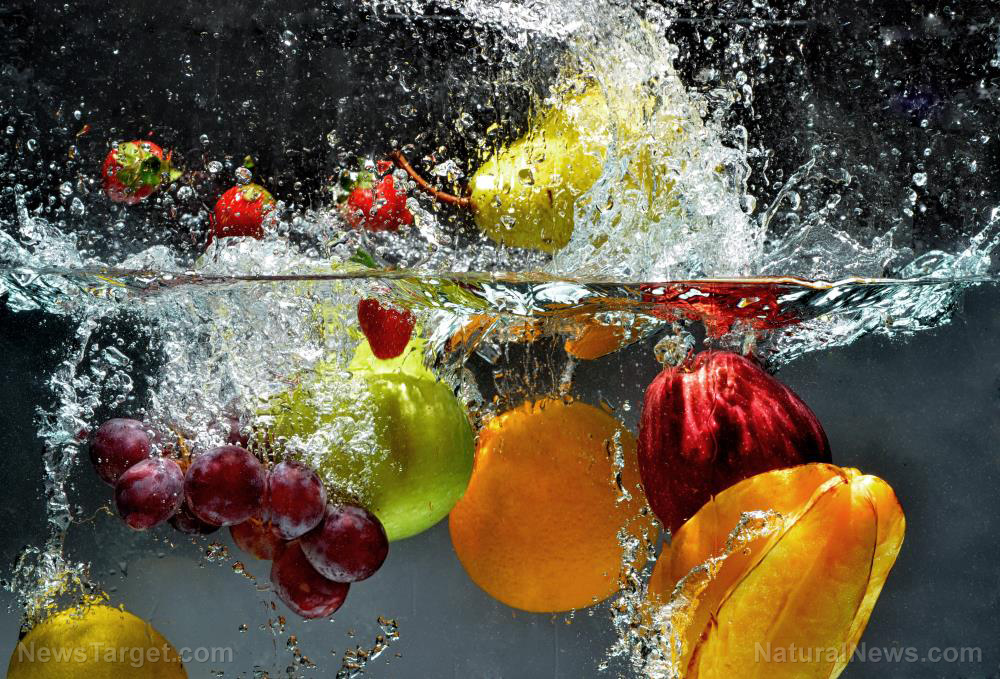
Potassium is important for many bodily functions. The essential mineral, for instance, plays a vital role in muscle contraction. Multiple studies have also found that consuming more potassium can lower a person’s risk of stroke.
But if the body has low levels of potassium, it can lead to hypokalemia, a condition marked by muscle cramps, weakness and irregular heartbeat.
Nine excellent dietary sources of potassium
The U.S. Department of Agriculture recommends eating 4.7 grams of potassium a day for adults. Knowing which foods are great sources of potassium is a must to get your fill for the day. It’s a well-known fact that bananas are rich in potassium, but here are some other potassium-rich foods to spark up your palate.
1. Potatoes
A medium-sized potato contains about 941 mg of potassium, which is twice as much than a medium-sized banana’s 422 mg. In fact, sweet, red and white potatoes are all excellent sources of potassium.
Baking is the best way to prepare potatoes but leave the skin on, as it contains much of their potassium content. Wash the vegetables properly before cooking.
French fries, despite being made with potatoes, aren’t a healthy source of the mineral. They are fried, so they have added fat from the oil. Furthermore, they are typically peppered with salt, which can offset the benefits of potassium.
2. Leafy greens
Swiss chard, amaranth leaves and cooked spinach are particularly packed with potassium. A cup of each provides more than 800 to 900 mg of the mineral. Furthermore, leafy greens have additional benefits on the brain. A study found that a serving a day of leafy greens may slow age-related cognitive decline. (Related: Ten reasons why leafy greens are the power players on any plate.)
3. Prune juice
Prune juice is packed with with 707 mg of potassium. And because it is also rich in fiber, prunes, or dried plums, can also be used to relieve constipation.
4. Tomato puree, juice and paste
Tomatoes can also offer potassium in addition to lycopene. Tomato puree, juice and paste are more concentrated than the fresh fruit, and are used in several recipes. Tomato paste, in particular, contains 669 mg of potassium per 1/4 cup.
5. Dried apricots and raisins
These two dried fruits are not only delicious but also high in potassium. Dried apricots have more than 1,000 mg of potassium per half a cup, and raisins have 618 mg for the same serving. These two fruits abound in the market, but the healthiest ones are those with no added sugar, coatings or other ingredients.
6. Beans
Many beans offer potassium, but three of the best sources are adzuki beans, kidney beans and soybeans. They also contain a good amount of fiber, making them beneficial for gut health.
7. Lentils
Lentils are a small, round legume with a lot of fiber and protein. And a cup of cooked lentils also has 731 mg of potassium.
Lentils can be bought fresh or in a can. While canned lentils can still offer the mineral, consider rinsing them properly to get rid of the sodium. (Related: Heart-healthy lentil salad: Easy to make and nutrient-dense.)
8. Fruit juices
Fruits are known for being nutrient-dense, meaning they pack in a host of vitamins, minerals and powerful compounds. The following fruit juices, in particular, are high in potassium:
- Passionfruit juice: 687 mg
- Pomegranate juice: 533 mg
- Fresh orange juice: 496 mg
- Fresh tangerine juice: 440 mg
9. Milk and yogurt
Dairy products are best known as a calcium-rich food. But they also offer other nutrients such as potassium. In fact, studies suggest that milk is the number one source of potassium among American adults. That’s because a cup of milk has about 366 mg of the mineral. Meanwhile, a cup of plain non-fat yogurt has as much as 579 mg.
Tea and coffee also offer potassium but in lower amounts. Adding creamers or milk, however, can boost their potassium content.
As the list demonstrates, bananas are not the only sources of potassium. A lot of foods also provide the nutrient, aside from the many more vitamins and minerals they each have to offer. Consider increasing your palate diversity. Not only will variety make for a scrumptious meal, but it also gives a wide array of health benefits.
Get to know more healthy foods and the nutrients they offer at Nutrients.news.
Sources include:
Tagged Under: beans, dairy products, dried apricot, fruit juices, functional food, healthy foods, Leafy greens, lentils, milk, nutrients, potassium, potato, prune juice, raisins, sweet potato, tomato, yogurt
RECENT NEWS & ARTICLES
FoodCures.News is a fact-based public education website published by Food Cures News Features, LLC.
All content copyright © 2018 by Food Cures News Features, LLC.
Contact Us with Tips or Corrections
All trademarks, registered trademarks and servicemarks mentioned on this site are the property of their respective owners.


